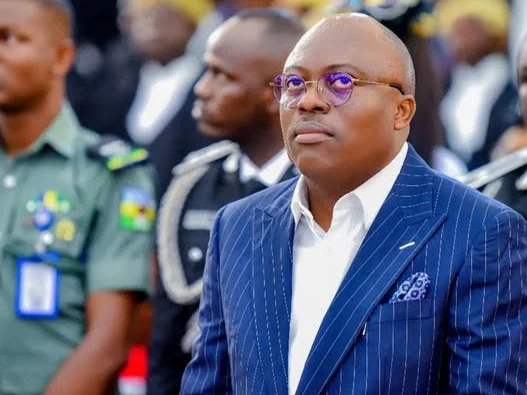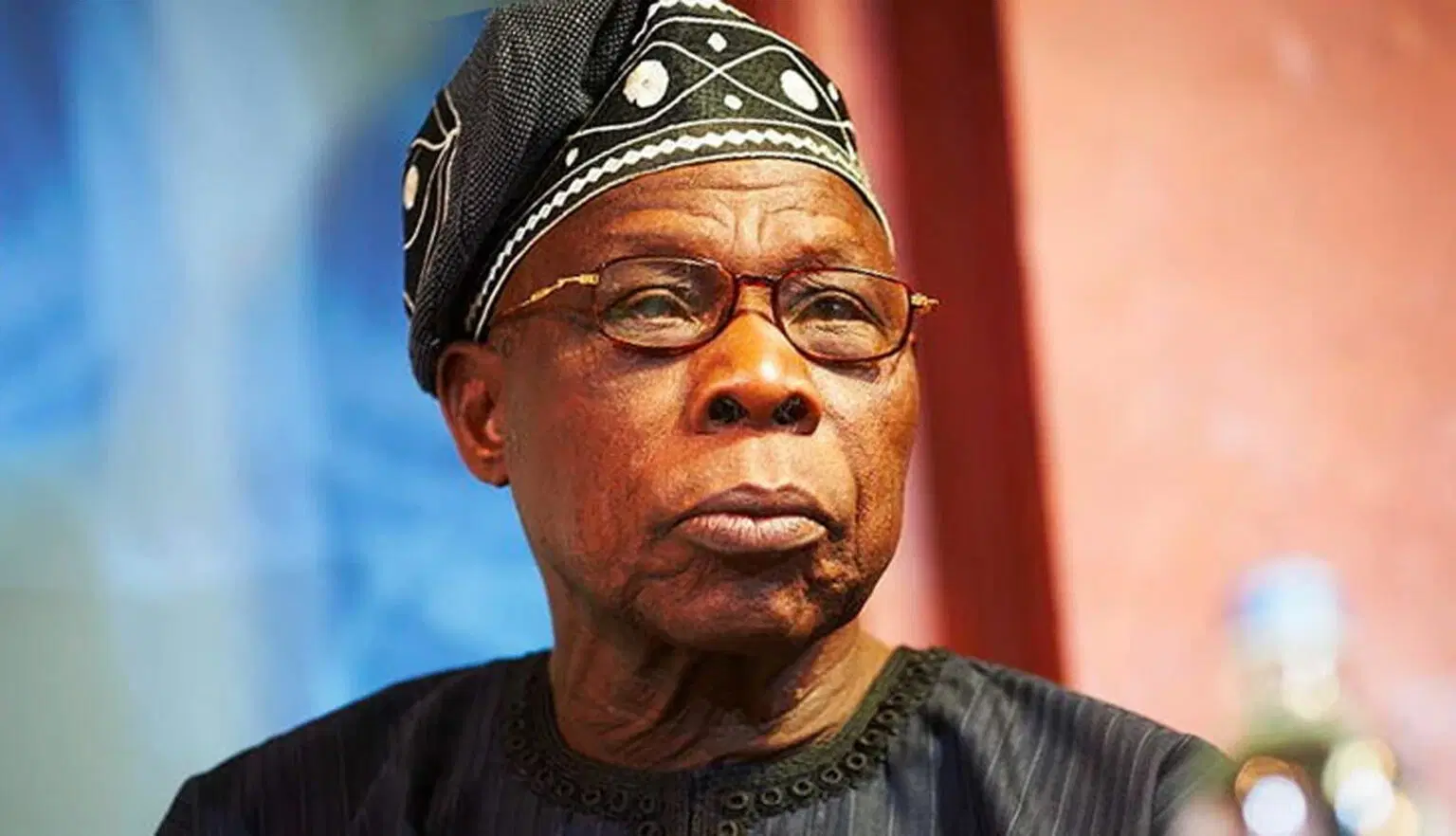
Keep up with the latest news and be part of our weekly giveaways and airtime sharing; follow our WhatsApp channel for more updates. Click to Follow us
The Central Bank of Nigeria (CBN) has been advised by the World Bank Group to maintain it’s efforts to combat inflation.
Dr. Sameer Matta, Senior Economist for Nigeria at the World Bank Group, made this statement at the launch of the 2025 Macroeconomic Outlook of the Nigerian Economic Summit Group.
The CBN’s Monetary Policy Committee increased benchmark rates by 875 basis points in 2024 to address rising inflation.
According to Matta, “I think what is critical in terms of inflation is to stay the course. I think that the central bank needs to continue to be focused on making sure that inflation is under control. Obviously, part of it is related to the supply side. What can be done to improve the yield on the agriculture side? What can be done to improve the link between the rural areas and the urban areas?
“There is the question of what can be done on the trade policy side. One would be to increase production locally, but that would take time. One of the things that can be done on the trade policy side is to think through which sectors could be targeted to allow some tariffs to be adjusted.”
Matta emphasized the importance of addressing supply-side issues, such as improving agricultural productivity and enhancing the link between rural and urban areas. He also suggested that trade policies could be adjusted to increase local production and reduce reliance on imports.
The cost of not implementing reforms is significant, according to Matta, with fuel subsidies costing 2% of GDP and FX subsidies costing 3% of GDP.
“That’s 5% of GDP, and that is extremely high. I would liken these reforms to someone with a hard medical condition who had to make tough choices. Let’s not forget that at some point in Nigeria, the debt service to revenue was 100 percent; now, the good news is that we are around 50 percent, and that is a big decline.
“The cost of reforms comes mainly from high inflation, and in the case of Nigeria specifically, food inflation is impacted by FX and the fact that lots of agricultural products are impacted by the price of petrol, etc. That means the impact of these reforms is being felt by the most vulnerable.
“It is very important that the government continues on the reforms on social protection but also accelerates the roll-out of these cash transfers. It is more important to finance them over the future. It will be very important to continue to encourage the authorities to scale up and accelerate these interventions, which are time-bound and targeted at those who are really impacted and done through a digital way to avoid any potential misuse in the future.”
Dr. Christian Ebeke, Nigeria Country Representative for the International Monetary Fund (IMF), echoed Matta’s sentiments, emphasizing the need for coordination between fiscal and monetary authorities to combat inflation.
“It’s important that efforts to bring inflation down by the fiscal authorities are being done in the context of better coordination. For example, one of the key decisions that took place last year was the commitment by both the central bank and the fiscal authorities to strengthen coordination.
“We didn’t see Ways and Means accrue again as we have seen in the past year in Nigeria, and it was welcome. This is something that should bring inflation down by tightening financial conditions but also by reducing money in circulation.
“The other important thing for the fiscal authorities to do is to tackle any distribution consequences of the reforms that have been implemented. Naira reforms or the completion of the fuel subsidy removal. We know that these key reforms in Nigeria will have redistributive consequences on the most vulnerable, and they may not be able to cope.
“Fiscal authorities have a key role to play because the transmission lag of fiscal policies is shorter compared to monetary policies. So, issues of social protection are very important. That is how fiscal policies can complement what the monetary authorities are doing,” Ebeke said.
Ebeke also highlighted the importance of social protection programs, particularly those with a human face.
“On social protection, there is a cash transfer program that is being strengthened. It is all about how we can think about fiscal consolidation with a social agenda or human face,” he said.
The CBN has made significant progress in addressing inflation, with the inflation rate expected to decline in 2024 due to the bank’s inflation-targeting policy. However, sustaining these efforts will be crucial to maintaining economic stability. The World Bank and IMF have emphasized the importance of continued reform efforts to support Nigeria’s economic growth and development.
Ebeke noted that the CBN’s decision to securitize the Ways and Means advances is a positive step towards transparency and liability management. “The securitization has the benefit of spreading out the maturities. Also, this has been done transparently, so this is good,” he said.
However, Ebeke cautioned that the persistent effects of the Ways and Means on inflation and financial conditions would take time to address. “Cleaning up this big problem is taking time, and the persistent effect of the Ways and Means on inflation and, in general terms, on financial conditions,” he said.
Matta emphasized the need for the government to continue implementing reforms, particularly in the areas of trade policy and social protection. “The cost of reforms comes mainly from high inflation, and in the case of Nigeria specifically, food inflation is impacted by FX and the fact that lots of agricultural products are impacted by the price of petrol, etc.,” he said.
The World Bank and IMF have pledged to continue supporting Nigeria’s economic development efforts, emphasizing the importance of sustained reform efforts to achieve long-term economic stability and growth.
In conclusion, the CBN’s efforts to combat inflation have shown promise, but sustaining these efforts will be crucial to maintaining economic stability. The World Bank and IMF have emphasized the importance of continued reform efforts, particularly in the areas of trade policy and social protection, to support Nigeria’s economic growth and development.
Please don’t forget to “Allow the notification” so you will be the first to get our gist when we publish it.
Drop your comment in the section below, and don’t forget to share the post.

![CBN approves 82 Fully Licensed BDC Operators in Nigeria [Full List]](https://zingtie.com/wp-content/uploads/2025/06/CBN-2.jpg)






